
"Your hair is like draperies of purple; a king is held captive in its tresses." (Cant 7:5)
This passage has been used to refer to Mary's constant thoughts regarding the passion of Jesus. The skin torn by whips, the blood that would be sacrificed were always before her eyes. This the second sword to pierce the heart of Mary was her son himself.
Having heard that the King of Jerusalem was born, Herod feared he would lose his kingship over the people. St. Fulgentius writes of this: "Why are you disturbed, Herod? The King who is born does not come to conquer kings by the sword. He will subjugate them in a most remarkable manner by his death." When King Herod realized he had been decieved by the magi who did not return as he had asked, he decreed that all male babies under the age of two be cruelly massacred. It was due to this that the angel of the Lord appeared to Joseph: "Arise, and take the child and his mother, and flee into Egypt" (Mt 2:13). St. Joseph, a strong and wise protector, immediately did as he was instructed. "He arose and took the child and his mother, by night, and withdrew into Egypt" (Mt 2:14).
We see here that the persecution of Jesus begins right after his birth and the prophesy of Simeon begins to unfold: "He is set for a sign that shall be contradicted" (Lk 2:34). What suffering this exile must have been for Mary and Joseph. They left behind their family, friends, home, land, culture and language. They went to a place where they knew no one, did not speak the language, and all this in fear for the life of their newborn son.
Some experts estimate the journey to have been 400 miles, a journey of no less than 30 days. The road with rough, unknown and rarely traveled. It was winter, requiring traversing through snow, rain, wind - without servants, without enough supplies for the duration. Imagine the very young and delicate Blessed Virgin with her newborn infant swaddled in her arms, her husband at her side, wandering through the wilderness. What did they eat? Where did they sleep? According to St. Bonaventure: "They were probably satisifed with a hard piece of bread, either brought along by Joseph or begged as alms. Thy only place they could have slept along the road, especially through two hundred miles of desert where there were no houses or inns, was on the sand or under a tree, in the open air and exposed to the dangers of robbers and wild animals with which Egypt abounded. If anyone had met these three - the greatest of all personages in the world - would he not have thought that they were but three poor wandering beggars?"
The thought of Jesus with his parents wandering as fugitives amidst foreign lands teaches us that we also are to live as pilgrims on this side of the vale. "Here we have no permanent city, but seek for the city that is to come" (Heb 13:14). Or as St. Augustine said: "You are only a guest here. You glance around and then pass on." Or even better, from the lips of the Blessed Virgin Mother herself to Bl. Veronica of Binasco: "Daughter, you have seen how difficult it was for us to reach this country {Egypt}. Learn from this that no one receives graces without suffering."
Prayer
My most sweet Mother, let me have tears to weep over my ingratitude. By the sufferings you endured on that journey to Egypt, help me in the journey I now have to make to eternity so that I may finally be united to you in loving my persecuted Savior in the kingdom of the blessed. Amen+

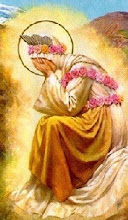
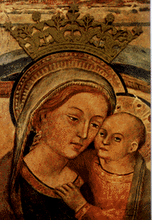
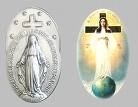

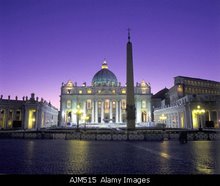

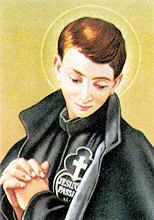
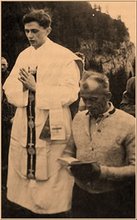
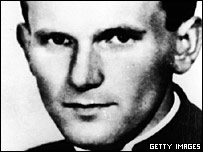
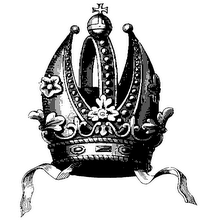
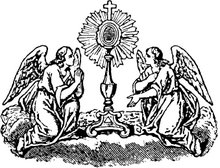
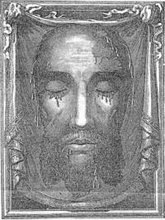
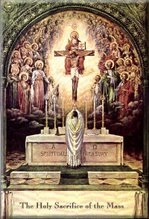

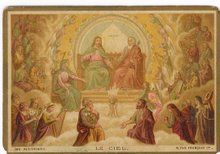

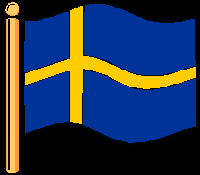

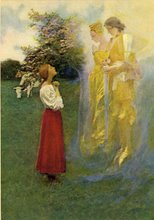
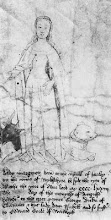01.jpg)


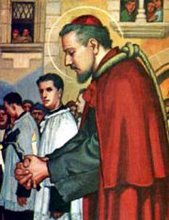

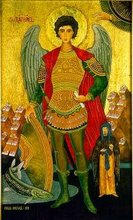

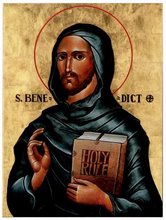

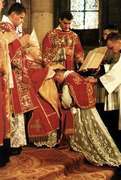
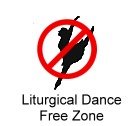

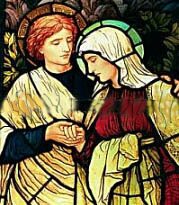
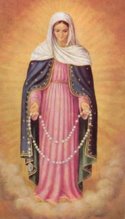
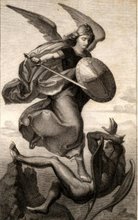
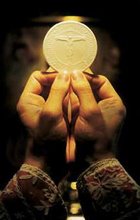

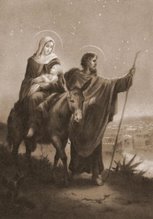
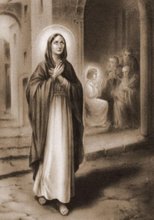
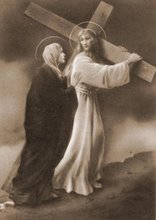
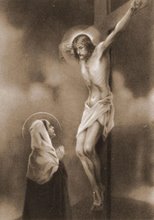
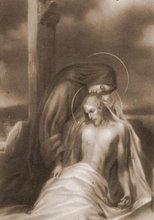
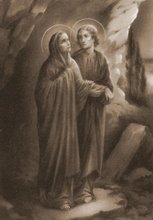
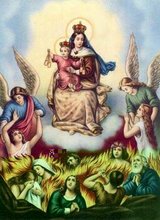
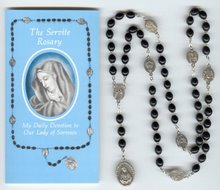
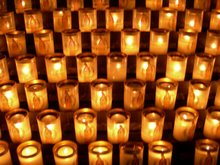
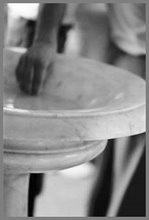
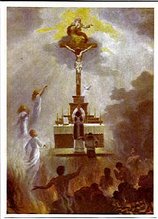
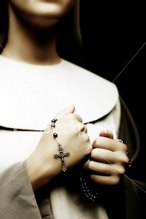

1 comment:
Love this picture. How appropriate with your blog name and the first sentence of the prayer.
Post a Comment